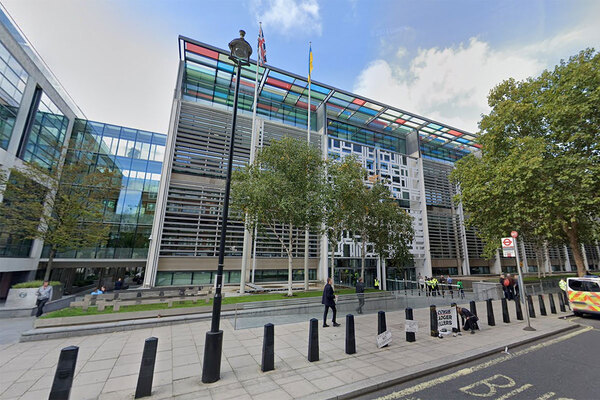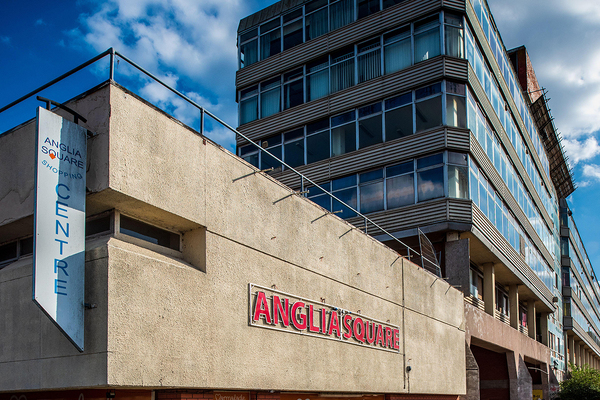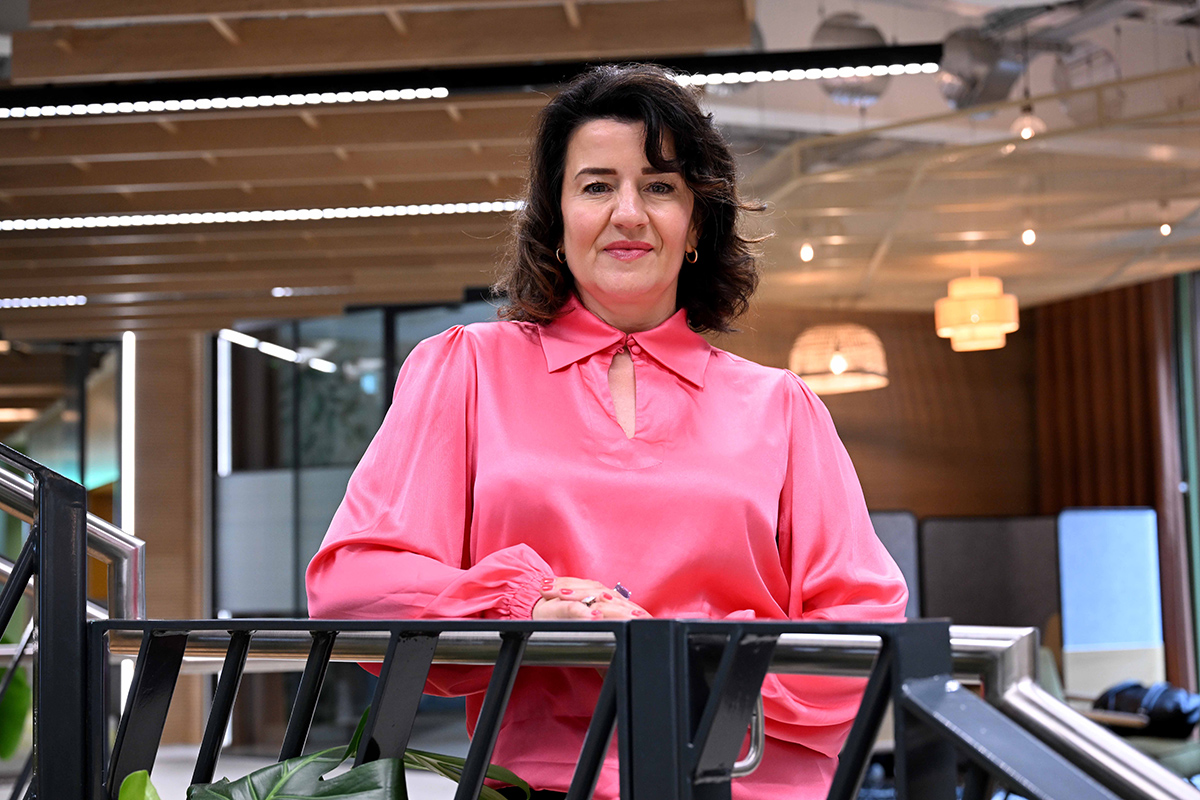You are viewing 1 of your 1 free articles
Internet access must be free for all in temporary accommodation
Councils must be leaders in closing the digital divide for those in precarious housing, writes Sophie Gregory
As highlighted with alarming clarity during the pandemic, access to the internet is essential in modern life. Using the internet, we communicate with friends and family members, we make appointments, apply for support, we bid for social housing, buy our groceries, do homework, translate languages and pay our bills.
In fact, access to the internet is now a crucial enabler of participation in our communities and access to public services.
However, for those in temporary accommodation, this vital service is too often missing. Transitional housing such as this is supposed to be the first step in finding secure homes, but often people are left in limbo, and trapped in a cycle of poverty compounded by digital exclusion.
At Lewisham Refugee and Migrant Network (LRMN), our community highlights that struggling to access the internet adds an extra burden as they try to rebuild their lives. We work with refugees, migrants and asylum seekers to support them to thrive, even against the backdrop of cruel immigration policies.
Too many of our community of sanctuary seekers are at the sharp end of overlapping structural injustices: navigating borders in their everyday lives, and being disproportionately impacted by barriers to housing, healthcare and their communities. We provide support and campaign for systems change to overcome these challenges, including campaigning on housing and digital inclusion.
The challenge of digital inclusion is prescient for those in temporary accommodation, particularly sanctuary seekers, as those in this type of shelter, whether that’s a hostel, B&B or house, have no notice periods, meaning it is almost impossible to commit to a long-term wifi contract.
On top of that, shorter-term contracts are expensive, forcing people into situations where they simply cannot afford internet access, or have to make difficult choices in order to do so.
“The challenge of digital inclusion is prescient for those in temporary accommodation... as it is almost impossible to commit to a long-term wifi contract”
As a result, communities rely on mobile data, which is often patchy or limited. With school work increasingly reliant on internet access, children and young people particularly feel the impact of digital exclusion. We’ve heard of families travelling for hours to access community spaces simply to get homework done.
“Most people I know who live in temporary accommodation have wifi problems,” Maya (name changed for anonymity), a migrant living in temporary accommodation after fleeing domestic abuse and violence, told us.
“Either they can’t access it, or they only have one phone, but they have two kids. I know one lady, she has three kids, and it’s very difficult that she’s in temporary accommodation. She has to let them do homework by turns.”
Maya also explained that she had missed appointments as she could not check her emails, and a lack of internet access has impeded her ability to manage her mental health. She drew attention to the power of the internet in providing much-needed respite.
“I get in a state of depression, and try to see all the things that are not good. You have the same feeling... coming back day after day. You know, if you have the internet, you can take some things off your mind, and go watch a movie for example. If you have the internet, you can feel differently.”
At LRMN, we have been campaigning alongside Creating Ground and Lewisham and Greenwich Citizens for Lewisham Council to provide free digital access to all people in temporary accommodation, with a particular focus on the needs of sanctuary seekers in the borough. With our open letter, we gained a commitment that the council will look into viable solutions to digital exclusion.
Some boroughs have taken positive steps to break the cycle of poverty and lack of opportunity. Greenwich is providing 7,200 free sim cards to people on low incomes after campaigning by Creating Ground, and Camden Council is providing wifi for people in hostels after representations from young people struggling with their school work last summer.
“Too often, support for digital access is offered by charities, but is not properly coordinated or consistent, due to funding constraints”
However, we know that one or two councils acknowledging this issue is not enough. The digital divide is not inevitable, and must be addressed with positive and enabling political decision-making. Too often, support for digital access is offered by charities, but is not properly coordinated or consistent, due to funding constraints.
Councils, which are responsible for housing services, must be leaders in closing the digital divide and consider this a complementary and essential service. As such, they must provide organised, coordinated and enabling support for people locked out of the digital sphere, especially for people who are struggling with insecure immigration status.
If we are serious about ensuring that people in temporary accommodation are able to live safely and securely to begin their journey to longer-term housing, then providing free access to the internet is a necessary prerequisite.
We urge all borough councils to address the growing need for free internet access for those most exposed to challenging conditions, to enable families to live not only in houses, but in homes.
Sophie Gregory, campaigns and communications manager, Lewisham Refugee and Migrant Network
Sign up for our daily newsletter
Already have an account? Click here to manage your newsletters













